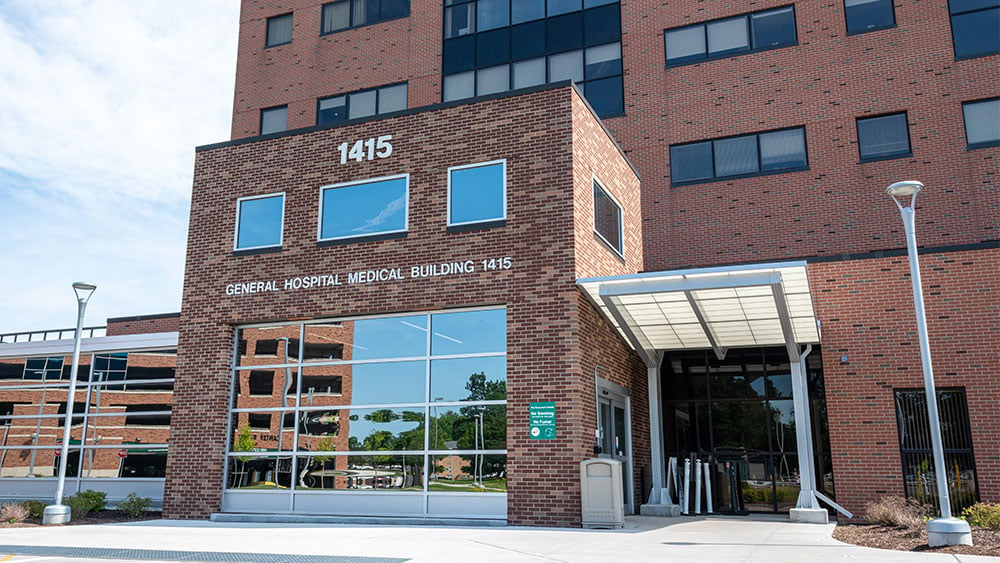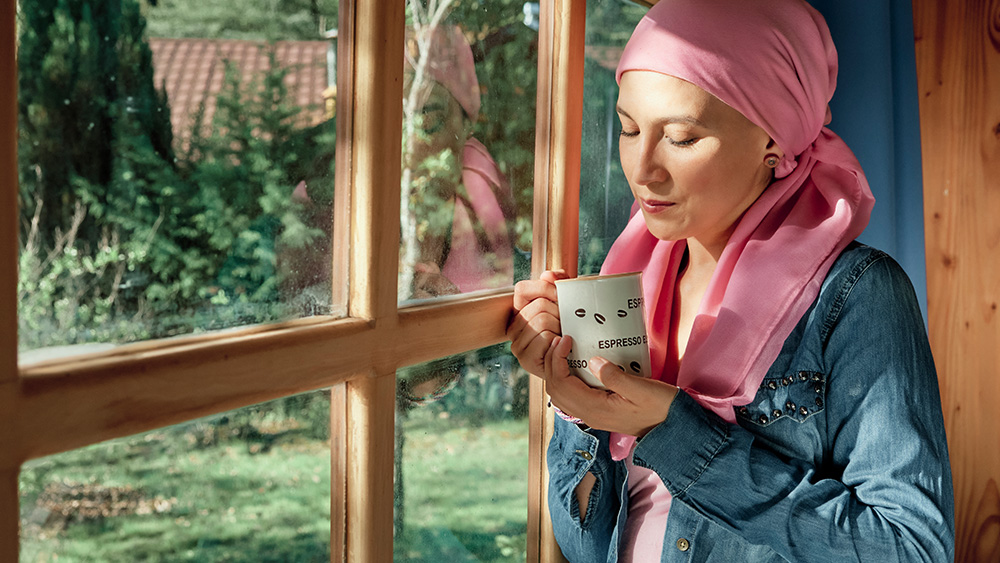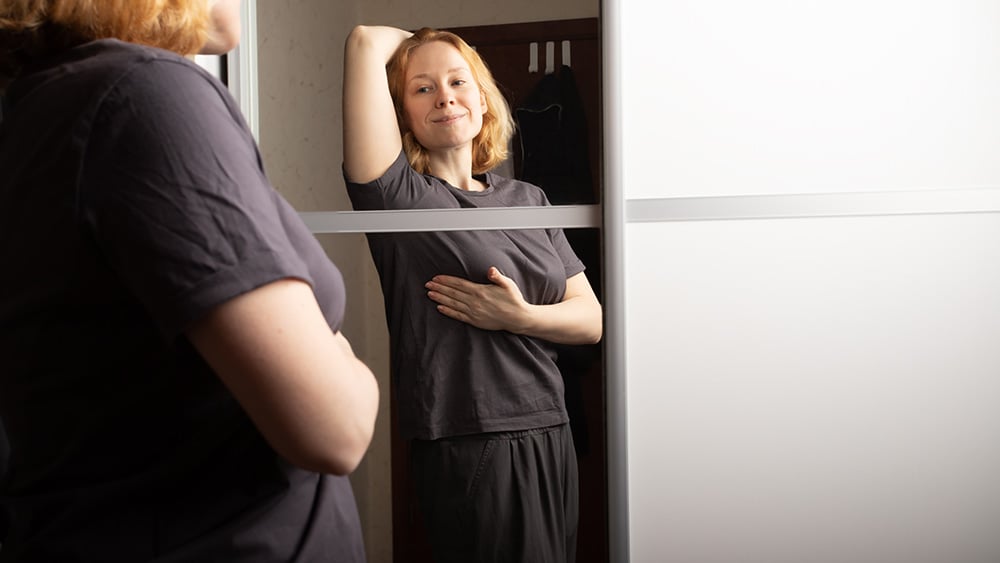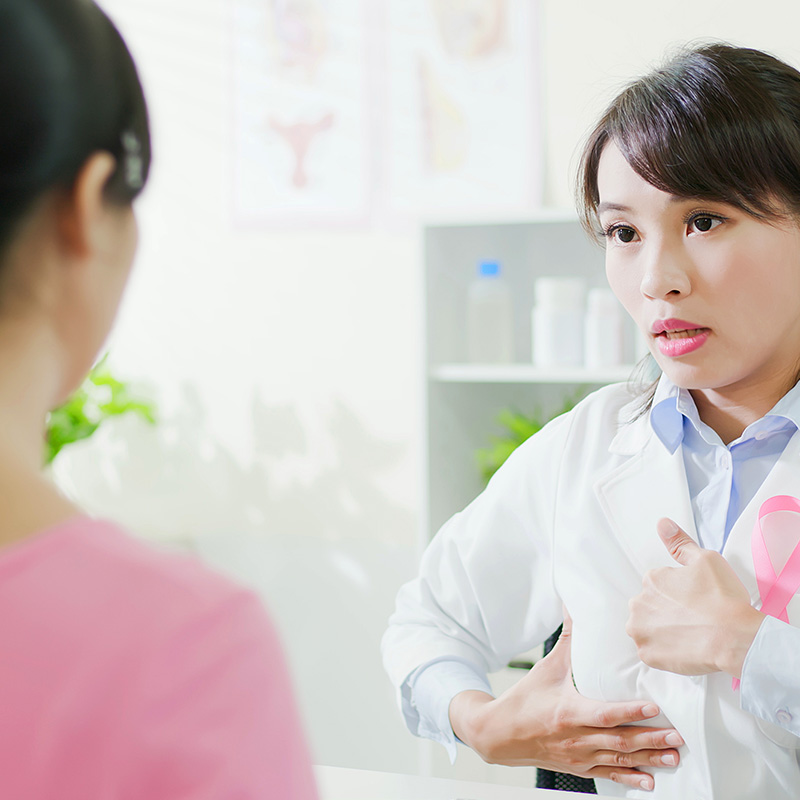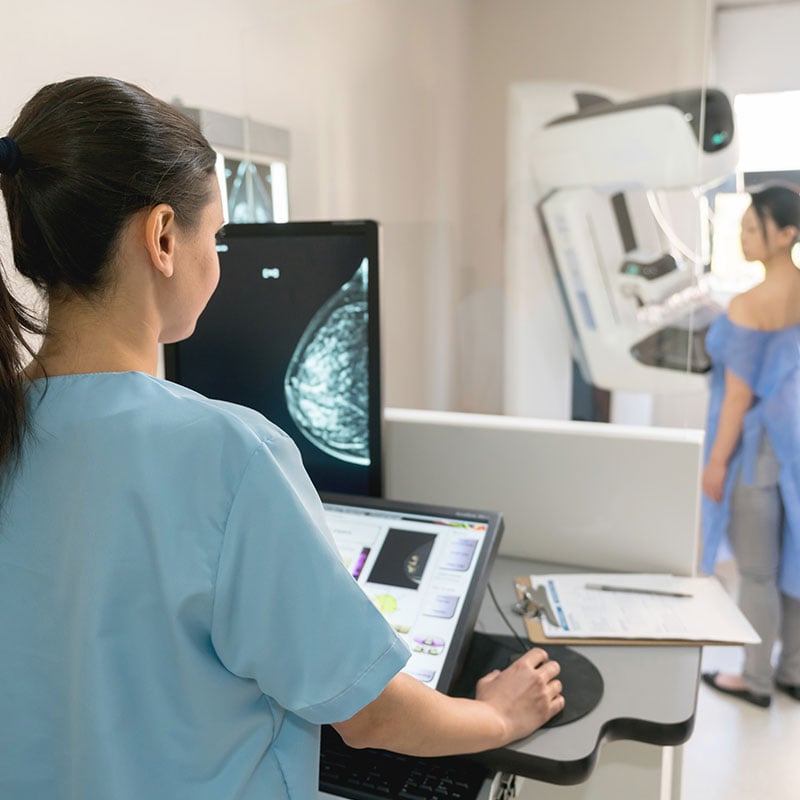Breast cancer is the most commonly diagnosed cancer in women in the United States other than skin cancers. The average lifetime risk of developing breast cancer is about 13 percent.
Increased awareness, earlier screening and detection has led to improved outcomes. Women face many factors that can raise their risk of developing breast cancer – some manageable and some that cannot modified. Research suggests there are lifestyle modifications women can make to help lower their risk of developing breast cancer. Alcohol consumption has been consistently linked with an increased risk of developing breast cancer in various studies.
It is suggested that one of the most significant lifestyle changes that can help lower the risk of breast cancer for women is reducing or eliminating alcohol intake.
Kelly Krupa, FACS, a breast surgical oncologist with Rochester Regional Health, discusses the association between alcohol consumption and breast cancer risk as well as lifestyle choices that could potentially help reduce the risk of developing breast cancer.
How alcohol affects breast cancer risk
Studies have shown an increased risk of breast cancer with increased alcohol intake. One analysis of 118 individual studies showed that light drinkers have a slightly increased risk of breast cancer compared with non drinkers. The increase grows for moderate drinkers and heavy drinkers.
An analysis of 53 different studies found women who had 2-3 alcoholic drinks per day have a 20 percent increased risk of developing breast cancer compared to women who do not drink alcohol.
“The data from observational studies has been consistent - there is an association with alcohol intake and breast cancer risk. The exact biologic mechanisms and how alcohol interacts with other risk factors is still being examined,” Dr. Krupa said.
Researchers have found there are several ways alcohol can potentially raise the risk of developing breast cancer.
Estrogen levels and risk of hormone receptor positive breast cancer
Many studies closely link higher estrogen levels with an increased risk of breast cancer. Hormone receptor positive breast cancer is a common type of breast cancer. Alcohol may affect how estrogen is absorbed in the body, which could then increase the risk of developing breast cancer through hormonal effects.
Studies also suggest that alcohol can enhance breast tissue’s sensitivity to estrogen, raising the risk of breast cancer expressing the hormone receptors.
Obesity
Alcohol can potentially increase the risk of breast cancer by contributing to obesity. For people who gain weight, having an unhealthy level of body fat can raise the body’s estrogen levels and worsen insulin resistance, according to the American Cancer Society.
Risk of damaging cell DNA
When the body breaks down alcohol, it becomes a chemical called acetaldehyde. This chemical can damage DNA molecules and prevent the body from repairing that damage. If DNA becomes damaged, cells face a risk of growing uncontrollably and forming a tumor.
Ways to reduce risk of breast cancer
Cutting back on or cutting out alcohol altogether can lower a woman’s risk of breast cancer. If a woman chooses to drink, experts suggest no more than 1 drink per day. One drink is considered to be 12 oz. of beer, 5 oz. of wine, or 1.5 oz. of liquor.
Other steps women can take to lower their overall risk of breast cancer include lifestyle changes such as:
- Eating less red meat and more fruits and vegetables
- Maintaining a healthy weight
- Be physically active regularly (150 minutes each week)
- Quitting smoking
Undergoing a breast cancer risk assessment can also help to determine if a woman should seek out additional screening options or testing based on their risk level. These tools use a wide range of questions and health data to determine the level of risk for a woman developing breast cancer. It is recommended to review your risk results with your healthcare provider or make an appointment at the Breast Center.
Recommended screening options include mammograms and/or breast MRIs, genetic testing, preventative medication, or preventative surgery.
“A healthy lifestyle overall contributes to lowering risk for many diseases and may help modify risk factors for developing breast cancer,” Dr. Krupa said. “It is important to follow screening recommendations for mammograms, ask your provider about your risk for breast cancer and seek evaluation if you have any concerns or questions.”



